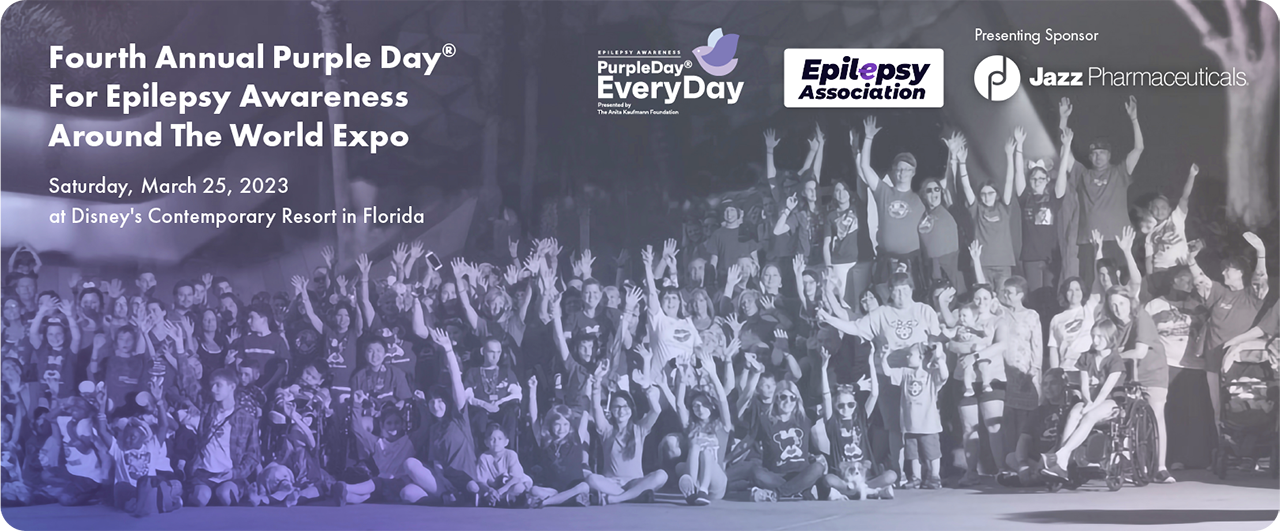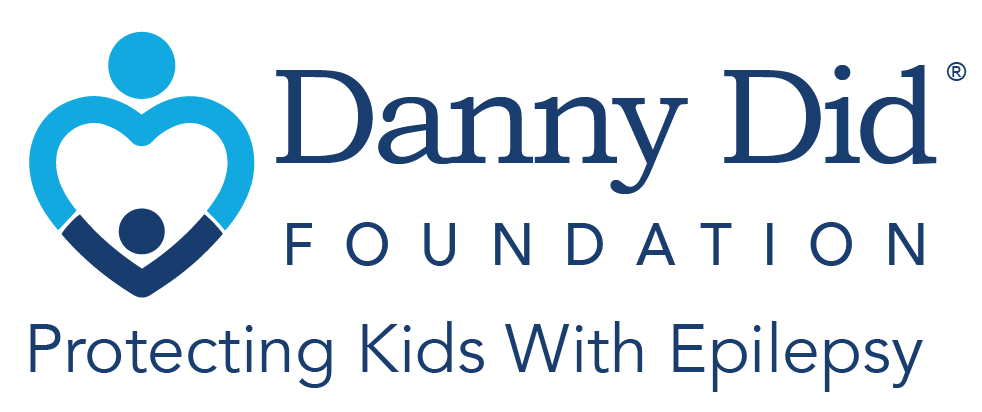


Founded by Chicagoans Mike and Mariann Stanton in 2010 after the death of their four-year-old son Danny, the Danny Did Foundation works toward its mission to prevent deaths caused by seizures with these main goals in mind: advancing public awareness of Sudden Unexpected Death in Epilepsy (SUDEP), enhancing SUDEP education and disclosure between medical professionals and families afflicted by seizures, and the mainstreaming of seizure detection and prediction devices that may assist in preventing seizure-related deaths.
Epilepsy impacts more than 3.4 million people in the United States – more people than ever before, per the CDC – and 65 million people worldwide. One in 26 Americans will develop epilepsy. Seizures can sometimes be fatal from a range of causes; more people die as a result of seizures than from fires and sudden infant death syndrome (SIDS) combined. Thousands of U.S. deaths occur annually from SUDEP, and estimated 50,000 deaths occur worldwide each year due to SUDEP, status epilepticus (prolonged seizures), and other seizure-related causes such as drowning and other accidents.
To achieve our goals, the DDF interacts directly with patients and caregivers to provide them resources and immediate support, often related to education or funding for seizure detection devices. To date, DDF has provided grants to enable seizure alerting devices across all 50 states and 15 countries. We also engage providers and researchers in the field of neurology; we collaborate with medical technology companies; we consult with epilepsy organizations, and anyone else who is affected by Danny’s story. We ask doctors to talk about SUDEP, and we offer ourselves as an outlet to which doctors can steer patients. We create informational pieces about safety in epilepsy in general and SUDEP in particular. We pursue the latest seizure detection and seizure prediction technologies, and once identified as viable and worthwhile instruments, we work to get these products approved by the United States Food and Drug Administration and then covered by insurance companies. We view these devices as complimentary to medicinal, surgical, and dietary measures that are used to treat seizures, and –with SUDEP accounting from an estimated 20 percent of seizure-related deaths– we believe that there is no such thing as too much prevention.